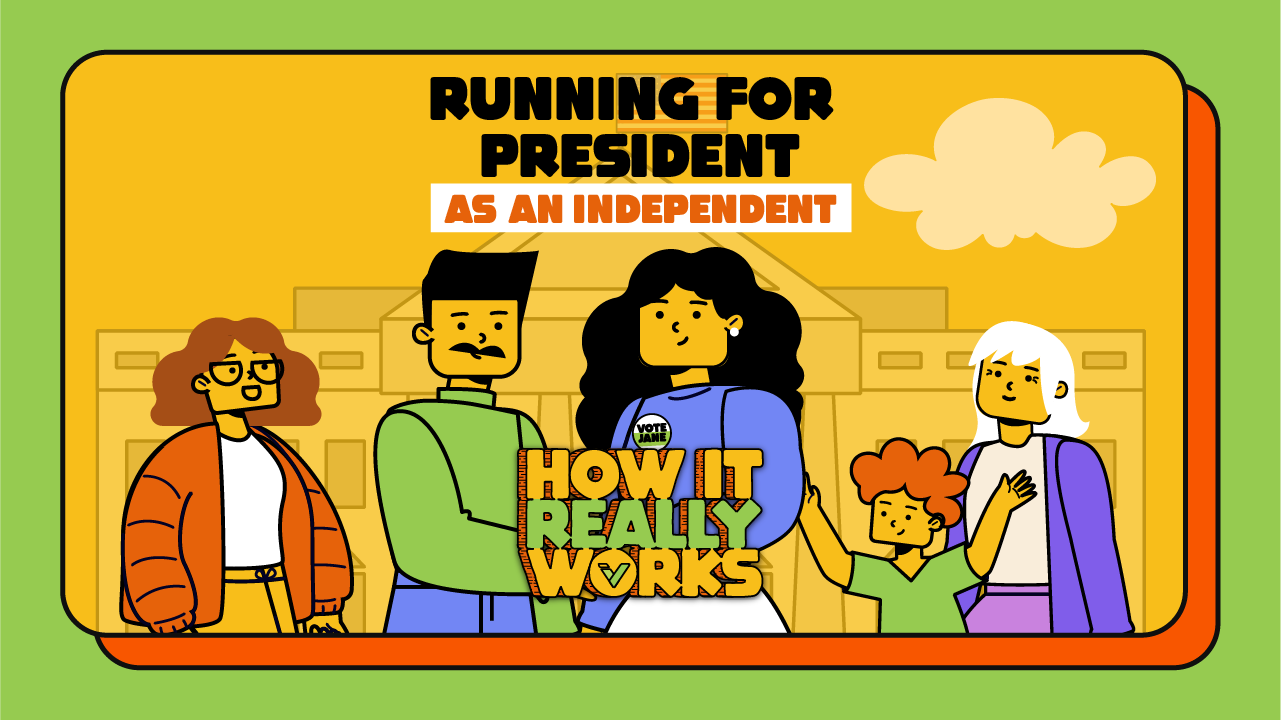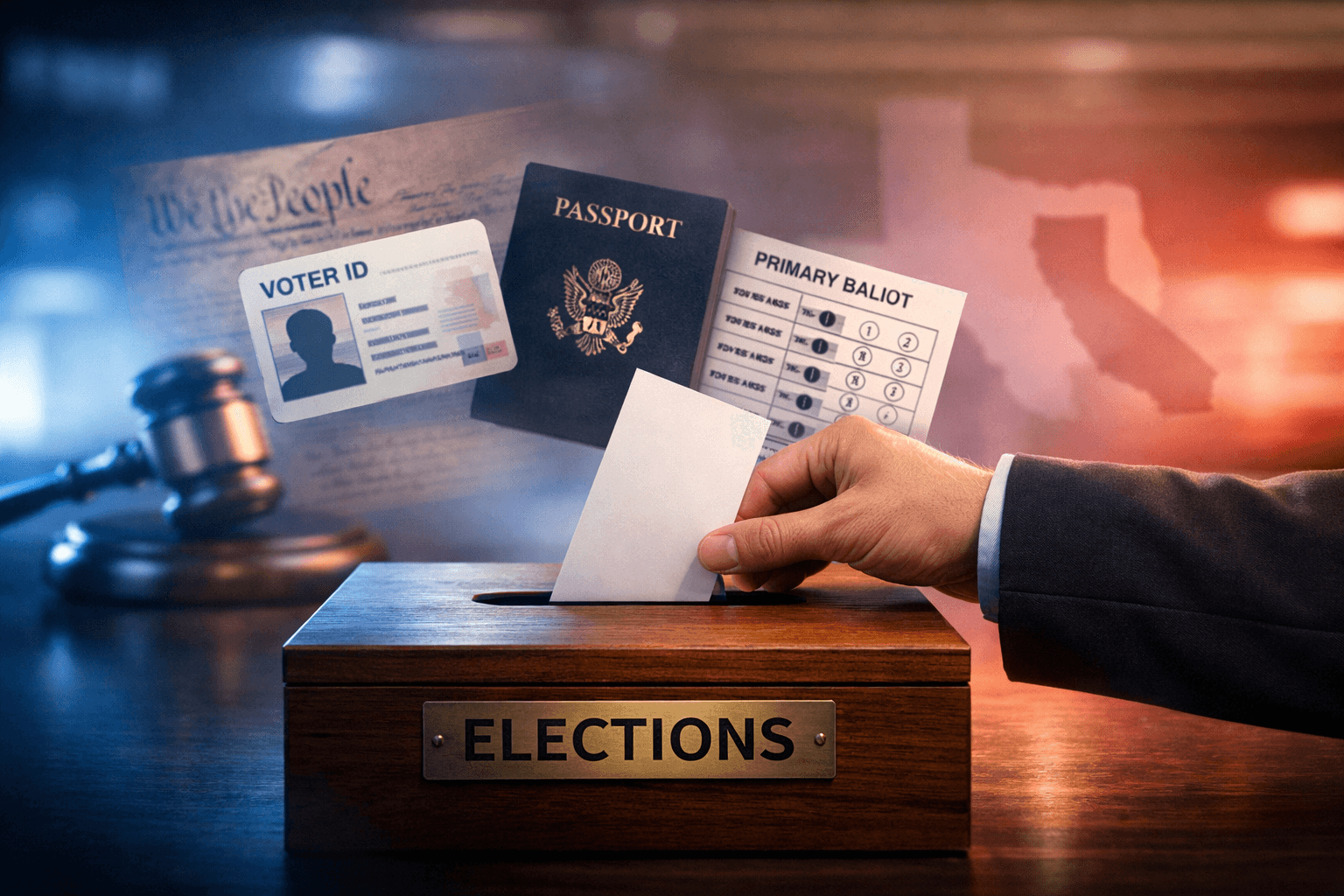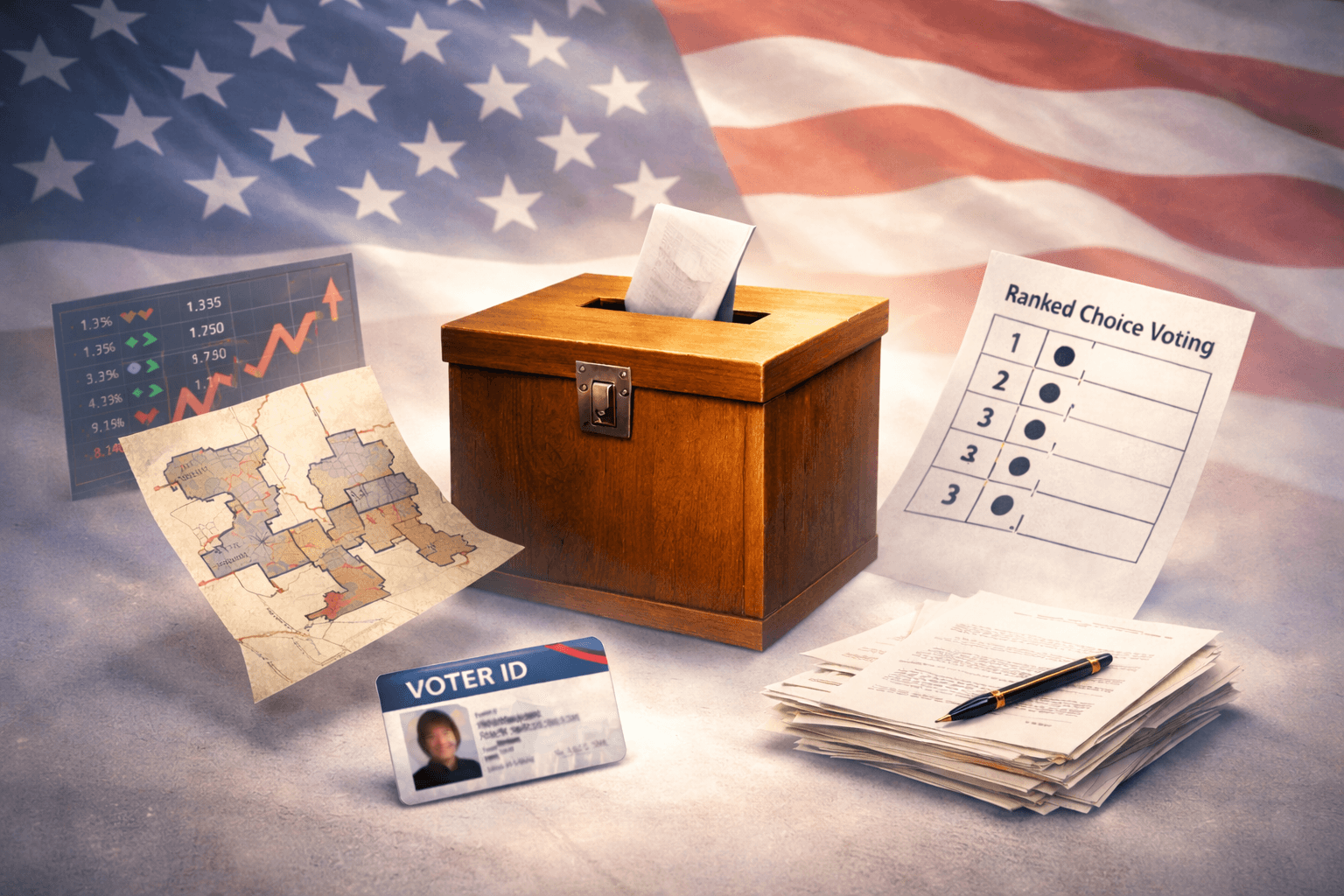NYC Independents Line Up to Demand Open Primaries

NEW YORK CITY, N.Y. - The New York City Charter Revision Commission, which is tasked with proposing policy changes to city government, held its first public meeting this week since it released a preliminary report that considers a potential end to the city’s closed primaries.
It is not the first time the Charter Revision Commission has taken up primary reform. However, as the registered independent voting population has reached over 1.1 million New Yorkers, demand has never been greater for equal access to taxpayer-funded elections.

The commission is considering two potential changes to the city's primaries:
- Using an open partisan primary system, which would allow unaffiliated voters to participate in either the Democratic or Republican primaries without needing to register with a party in advance -- which as of now is about 5 months is advance.
- Using nonpartisan primary elections in which all candidates and voters (regardless of party affiliation) participate on a single primary ballot. The top vote-getters (whether it is 2, 3, 4, or 5) would then advance to the general election.
The nonpartisan better elections group Open Primaries reports that dozens of independent voters showed up to testify in favor of open primary reform at Medgar Evers College in Brooklyn on May 19, including two of its board members – David Belmont and Dr. Jessie Fields.
“I am a doctor of the community, and I am very concerned about the health of New York City communities. Those communities that are disenfranchised and segregated have been found to have poorer health for decades and decades and decades,” said Dr. Fields.
“Let’s end the political segregation and exclusion of certain voters who happen to choose not to register with any political party and who want to remain unaffiliated and want to be able to vote in primaries.”
Testimony in favor of independent inclusion in primary elections was also provided by Assemblymember Robert Carroll, former CNN anchor John Avlon, and Brooklyn Chamber of Commerce President and CEO Randy Peers.
“What kind of democracy excludes 1.1 million of its own citizens from the first round of decision making? Closed primaries are a quiet form of voter suppression,” said Sheryl Williams, an independent NYC voter.
The Charter Revision Commission is considering primary reform in the midst of a high-profile primary season featuring a mayoral race that includes many well-known city officials and former New York Gov. Andrew Cuomo in the Democratic primary.
Due to the overwhelming number of registered Democrats in the city, the winner of the ranked choice primary will be an odds-on favorite to unseat Mayor Eric Adams. Adams elected to skip the Democratic primary and run for re-election as an independent.
However, 1-in-5 city voters will not have a meaningful say in this election or any citywide election in 2025.
The NYC Campaign Finance Board released a report in April that examined the city’s substantial independent voter population, which is the second-largest voting bloc behind registered Democrats. It found that half of these voters are under the age of 40.
Open Primaries interviewed some of these young voters this week. The group will host a virtual discussion with John Avlon to discuss this issue on Wednesday, May 28.
The Campaign Finance Board’s report also stressed that voters who are excluded from the city’s primary elections are much less likely to vote in the general election, which may come as no surprise since independent voters are denied real choice.
The NYC Charter Revision Commission will continue to hold public meetings in the city until its final meeting on July 7 in Harlem. It will then debate and decide what proposals it wants to put on the November ballot.
 Shawn Griffiths
Shawn Griffiths





